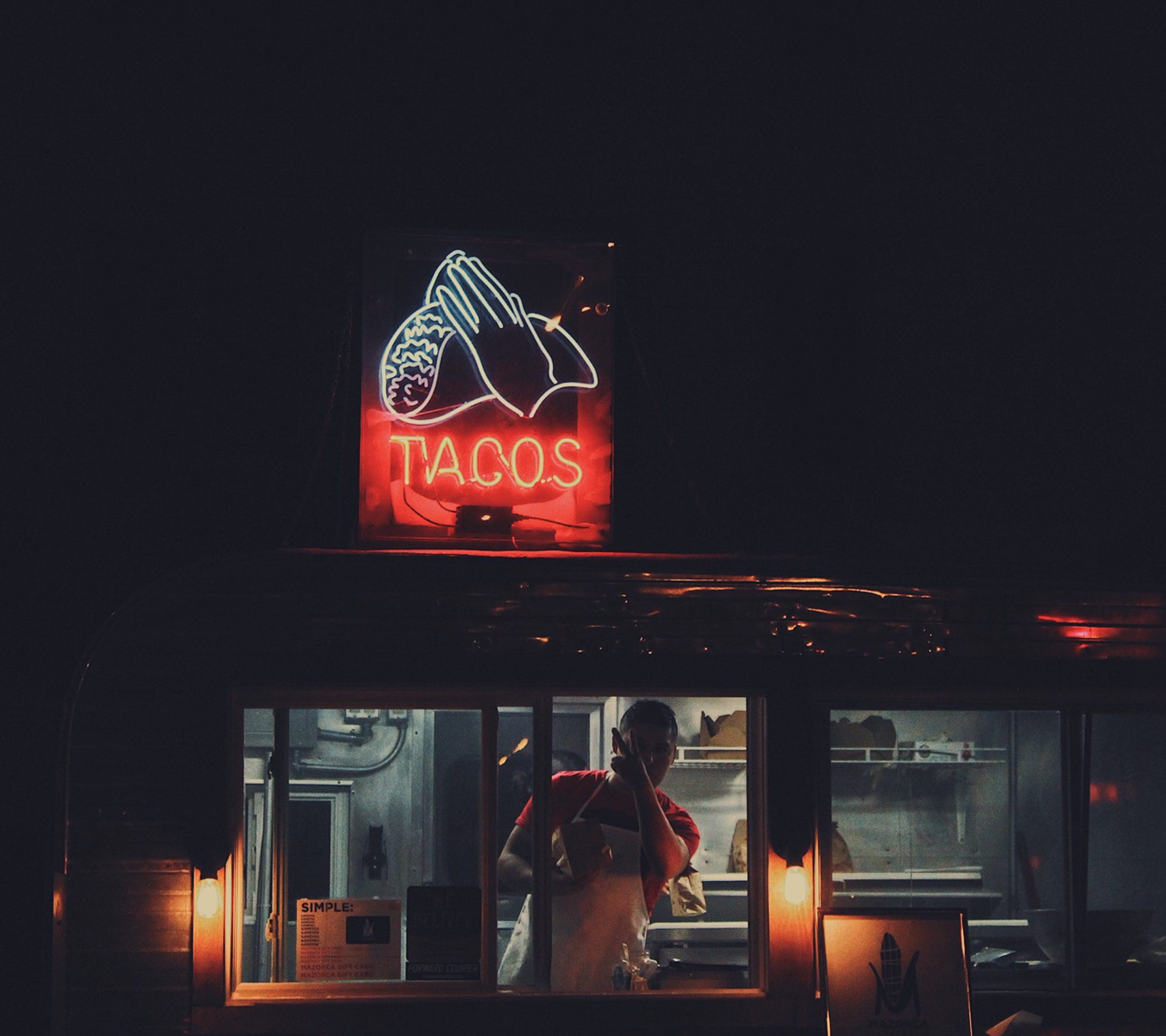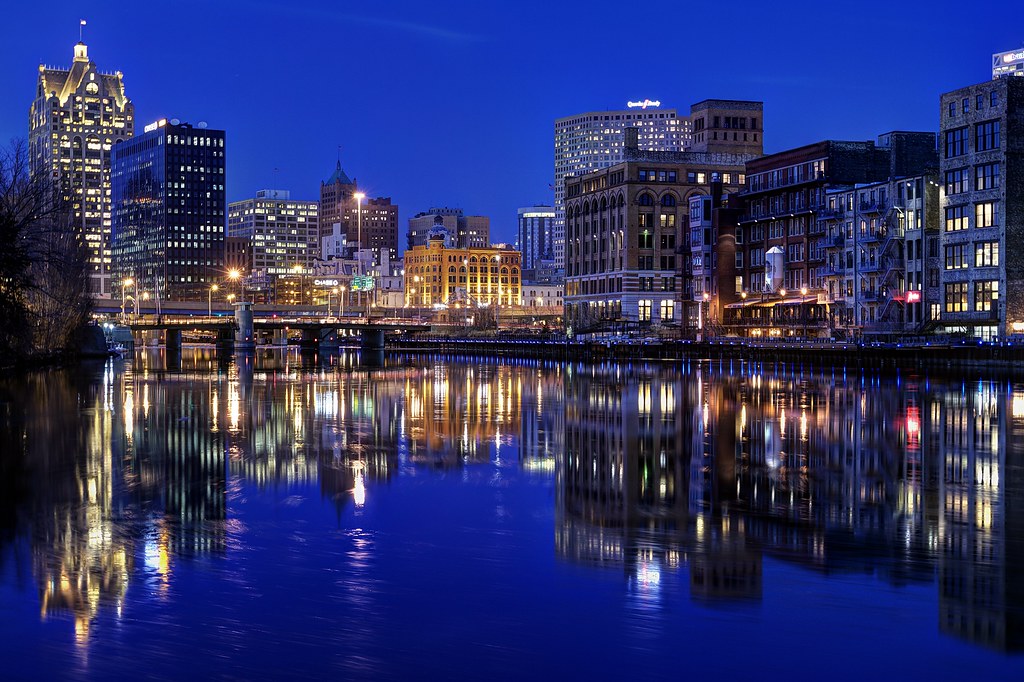
Dishing Out Controversy: Milwaukee's New Food Truck Laws Stir Up Questions of Fairness
“City leaders have proposed legislation around food trucks that would regulate where, when and how they can operate in certain areas of the city in an attempt to cut back on all-out bans while reining in bad actors.”
Lets see what the Milwaukee Journal Sentinel article tells us about it. There are three questions to ask when considering new regulation,
- What problem is being solved?
- How common is the problem?
- Is it a big enough problem to justify restricting the liberty of others?
Based upon this article the problem appears to be some excess garbage, bright lights, and some noise; these are pretty minor issues and we aren't told how widespread they are.
“Food trucks do need licenses from the city and are subject to inspection by the food department. They also are currently subject to other restrictions such as having to restrict noise and be in compliance with the Police Department.”
So the specified problems are already covered under existing regulations...
“A Type 1 zone will not have limits on the number of food trucks that can be in a space, but a food truck cannot be parked in the zone for more than six hours in a 12-hour period. Food trucks in Type 1 also cannot serve food after 1 a.m.”
First, these rules will only apply at designated areas but I imagine the number of covered areas will expand considerably over time. Why stop people from selling food after 1am? The bars are still open and the trucks are going to park where the best chance to sell food is; probably by the bars which also produce the stated problems. Many fast food restaurants stay open 24/7; what’s different about food trucks that requires these limits?
“A Type 2 zone will only allow a certain number of food trucks on a block, and each food truck will have a permanent parking space. Food trucks will apply for those spaces, with their applications reviewed by the licensing committee. In Type 2 zones, food trucks may not operate after 3 a.m. Monday through Friday, and not after 3:30 a.m. on Saturdays and Sundays.”
Why not enforce existing parking restrictions instead; if they park in a 2 hour zone then they can feed the meter and park for 2 hours. If the truck covers more than one space they can feed multiple meters. Once again there are unnecessary time restrictions; they will setup shop where customers are, not on quiet streets where everyone is asleep.
“In Type 2 zones, parking spaces will be assigned based primarily on seniority, or the number of years an applicant reports operating there. Applicants will receive additional seniority points if their vehicle is not larger than 12 feet in length, 11 feet in height and 7 feet in width. If food trucks are tied for a spot, the city will consider other factors such as which one has been licensed with the city the longest, which has a higher grade from the food department, and which has fewer disciplinary actions from the city.”
So there will be a limited amount of spaces and the incumbents will get priority therefore making it more difficult for startup food trucks to grow. Why not auction off the spaces instead? Those that value the space most will pay more to obtain it. Eliminates potential shenanigans related to the city picking winners (and losers.)
“In all zones, food trucks under the new legislation will not be able to operate within 50 feet of a restaurant that doesn't have a drive-through, with the option for the Common Council to waive this restriction.”
And here we have the buried lede or the actual spark for these new rules. Restaurants (understandably) don’t like competition sitting outside their front door. If I’m a restaurant owner, I have to to pay rent (or property taxes) and employees; food trucks are often owner operated and get to drive around to high traffic areas and lour customers with (mostly) lower prices.
I wonder how many high traffic streets have enough restaurants in close proximity that the 50ft restriction essentially act as a ban? This reminds me of a Tyler Cowon article from today titled, “Attack monopoly power with deregulation.”
“Based on a study of regulatory comments, Singla also found that large firms oppose regulation in general, but push for regulation when such rules and laws damage the interests of smaller firms. Singla also finds that regulatory costs have increased significantly since the late 1990s.”
In this case it isn’t large food truck companies crowding out smaller food trucks but restaurant owners pushing away potential rivals. I imagine the restaurant owners would argue that the trucks block their signage, take up street parking, or crowd the sidewalk near their place of business however all of these are public amenities and therefore should be open to food trucks as well in my opinion.

Comments